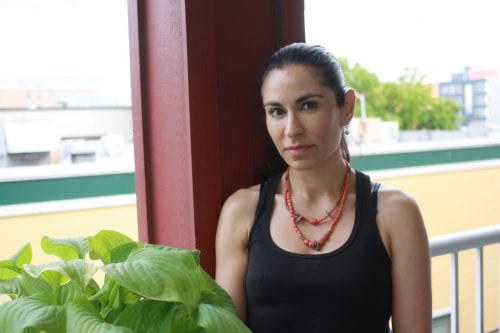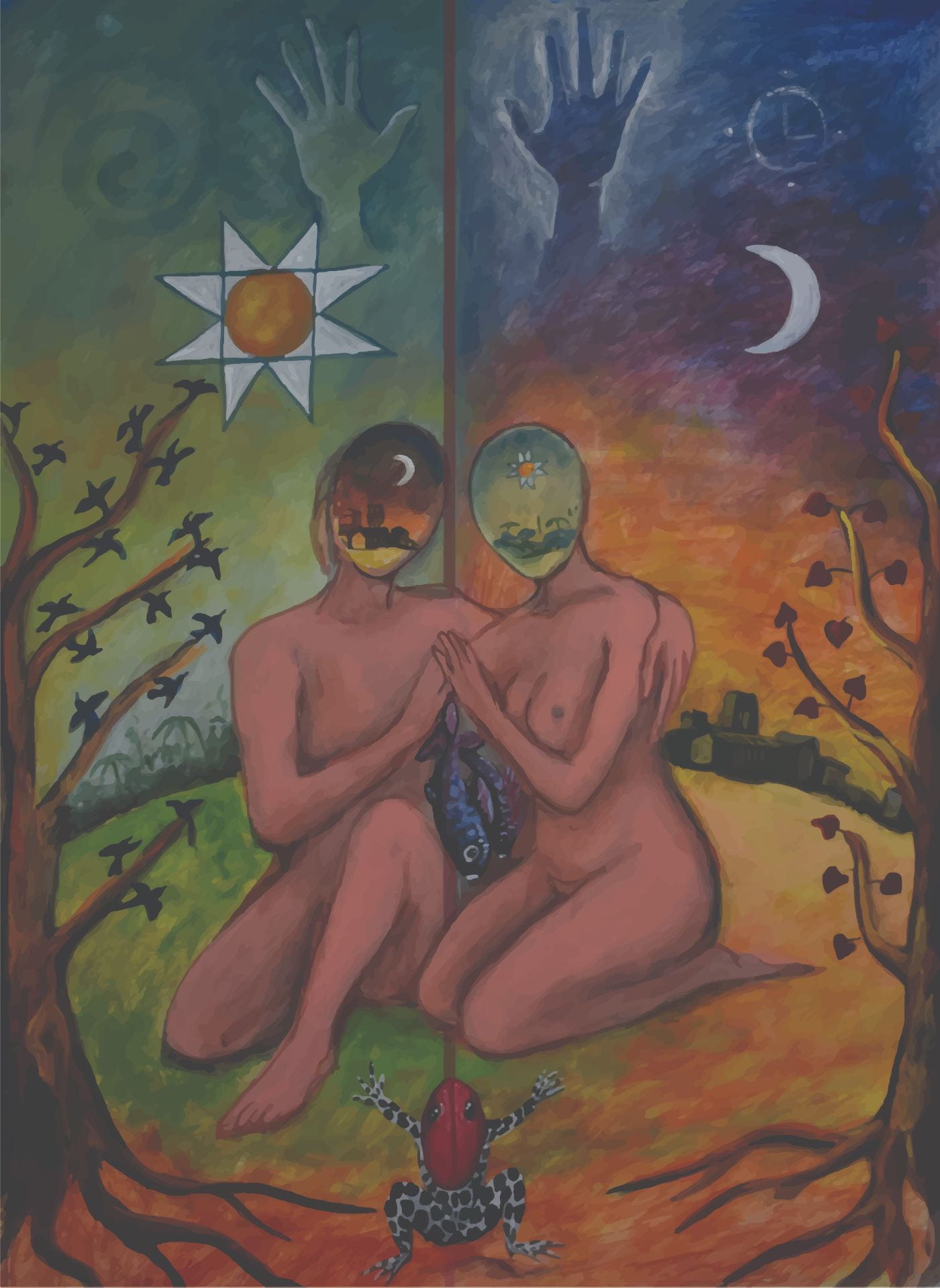Friday May 14th, 10:30am
Center for Environmental Futures, Interdisciplinarity 101 Workshop
https://uoregon.zoom.us/j/91843848053
María Belén Norona, Ph.D
Belén is a feminist political ecologist and an activist working at the intersection of scholarship, community development, and higher education. Her work arises out of collaborations with rural, indigenous, and marginalized communities to address issues such as access to land, oil extractive struggles, racism, and gender violence, among others. Her work seeks to enable, bridge, and encourage transformative dialogues between academic institutions, communities, and grassroots organizations to dynamize research and action around social environmental justice. Belén is a post-doctoral scholar at the Center of Environmental Futures at the University of Oregon. Her most recent research involves indigenous women’s epistemologies and ontologies in the context of oil extraction.
Weaving body-territories of extraction and hope: Indigenous dreams from the Amazon rainforest
Indigenous women living in the Amazon region resist oil extractive activities and state-sanctioned violence by producing and reproducing dreams, storytelling, and magical realism as survival and solidarity tools. Such ways of knowing blur the human – nature divide, denounce indigenous elimination, resist extraction, and heal and connect bodies and territories across space and time. This talk provides insights into grassroots understandings of bodies as first territories, and of bodies as extensions of our territories, also known as ‘body-territory’.
I draw from post-colonial theory, feminist political ecology, decolonial praxis, and indigenous thought to elaborate ‘bodies territories of extraction and hope’ as a concept and methodology that allows us to inhabit the space of rupture in which the colonized subject becomes aware of colonial fractures and subjective conflict. And from this fracture, the subject identifies coloniality in their body-territory revealing ways in which we all are part of larger efforts of resistance, capable of solidarity across scale and space.


